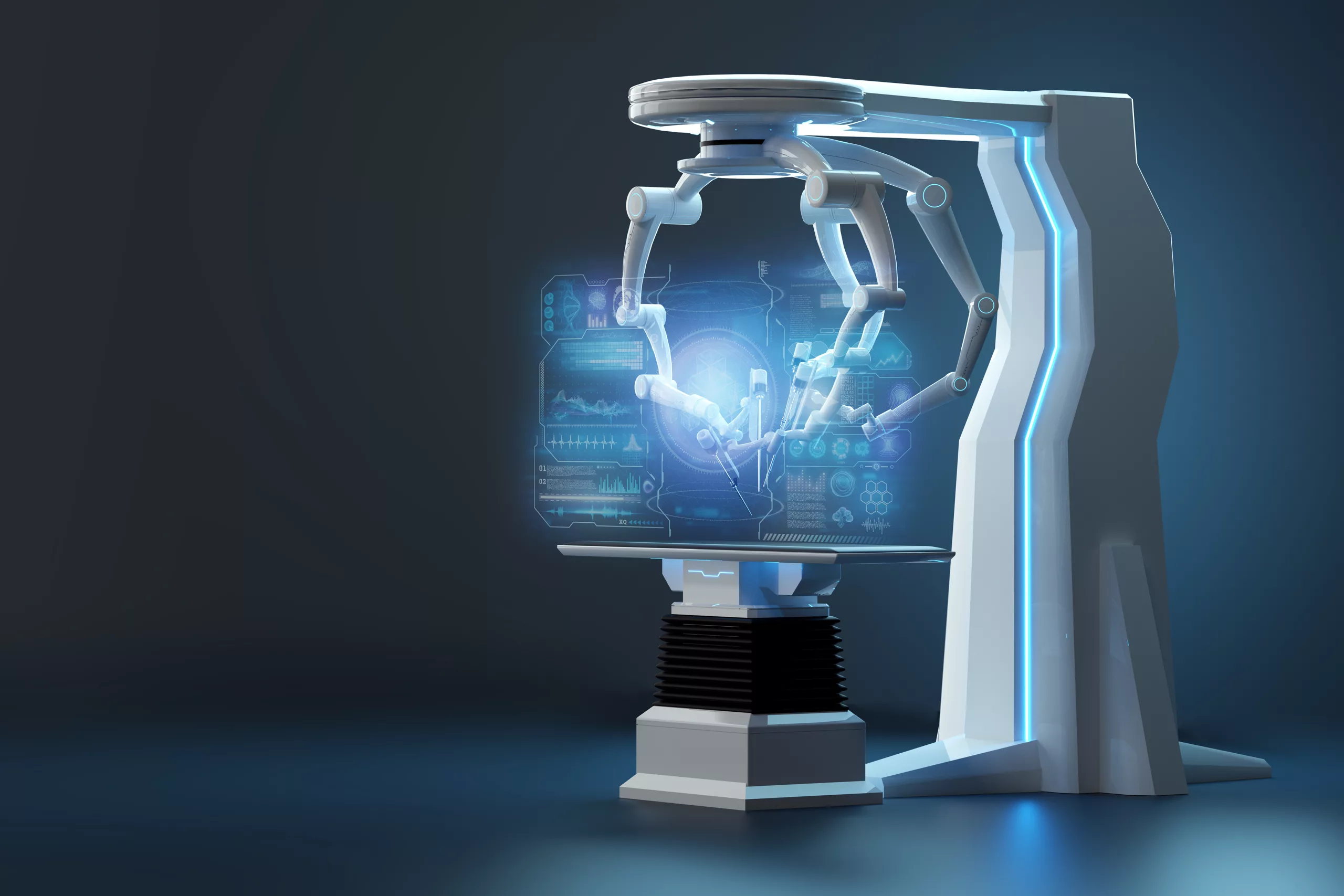In the ever-evolving landscape of medical technology, innovation often holds the key to improving patient care and changing lives for the better. But this innovation doesn’t happen in a vacuum. The FDA plays a pivotal role in ensuring that new medical devices are safe and effective for patients. One of the regulatory mechanisms that facilitates this process is the Investigational Device Exemption (IDE). In this blog, we’ll delve into the world of IDE, exploring what it is, how it works, and why it’s crucial for advancing medical innovation.
What is an Investigational Device Exemption (IDE)?
An Investigational Device Exemption (IDE) is a regulatory mechanism employed by the FDA to allow investigational or experimental medical devices to be used in clinical studies and research on human subjects before they receive full market approval. In simpler terms, it’s the FDA’s way of saying, “Let’s take this new device for a test drive before putting it on the market.”
IDE serves a vital purpose by balancing the need for innovation with patient safety. It helps bridge the gap between a novel device’s inception and its availability to healthcare providers and patients. Here are a few reasons why IDE is necessary:
Ensuring Safety: IDE studies are designed to assess the safety and effectiveness of a new device. Before widespread use, the FDA wants to ensure that it won’t pose undue risks to patients.
Collecting Data: These studies generate valuable data that informs regulatory decisions. The information gathered can be used to refine the device’s design, instructions for use, and patient selection criteria.
Benefiting Patients: IDE allows patients to access potentially life-changing devices before they’re commercially available. For those facing serious health challenges, this can be a ray of hope.
The IDE process is no walk in the park. It involves several steps and thorough oversight by the FDA:
- Application: The process kicks off with the device manufacturer or sponsor submitting an IDE application. This application includes detailed information about the device, the proposed clinical study, and the patient population to be included.
- FDA Review: Once the application is submitted, the FDA reviews it carefully. They evaluate the device’s design, potential risks, study protocols, and the qualifications of the investigators.
- Approval or Disapproval: Based on the review, the FDA can grant approval for the study to proceed, request modifications, or disapprove the IDE application.
- Clinical Study: If approved, the clinical study is conducted according to the proposed protocols. Data is collected and reported to the FDA regularly.
- Data Analysis: After the clinical study, the FDA evaluates the data to determine whether the device is safe and effective. This analysis informs future regulatory decisions.
The FDA’s Investigational Device Exemption is a critical tool for advancing medical innovation while maintaining patient safety. It provides a structured pathway for new medical devices to undergo rigorous testing and evaluation before being made available to a wider patient population. By ensuring that these devices meet high standards of safety and effectiveness, the FDA plays a pivotal role in safeguarding the well-being of patients and fostering a culture of responsible innovation in the medical field.
EMMA International has supported 100’s of medical devices from concept to commercialization, is yours next? Contact us today at 248-987-4497 or email info@emmainternational.com to learn more!





